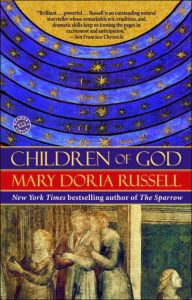 Summary: The second half of the story of The Sparrow.
Summary: The second half of the story of The Sparrow.
When I first read The Sparrow, I did not realize that Children of God was actually part two of the book. I thought it was a sequel, but instead, it should be considered the second half of a single story. Because of this, I did not read Children of God until two years after I read The Sparrow. It was not until re-reading that I realized how much those two years impacted my understanding. This is a single story.
The book opens immediately after the end of The Sparrow. The reader and the characters think that they understand what happened on Rahkat (the other world that they traveled to.) But one way you should prepare to read Children of God is to think of it as an explanation of all the things misunderstood in The Sparrow. This is an alien contact story. Culture and biology are different. And even when Sandoz thinks he understands the language as a linguist, there are mistakes and misunderstandings.
Sandoz was traumatized in The Sparrow, and multiple stages of healing come throughout the Children of God. It is not that he “forgets” his pain and trauma. But he does come to terms with it in some ways over time. This does bring up my main concern about The Children of God. In my post about The Sparrow, I somewhat minimized this as a book about the problem of evil, which is still a significant theme within The Children of God. I do not believe there is a solution to the problem of evil. However, one method of dealing with the problem of evil is to suggest that God was behind everything to accomplish the greater good. While I think there is some space for seeing a different plan than what we had or that we misunderstood God’s plan, I get concerned with “making things come out right.”
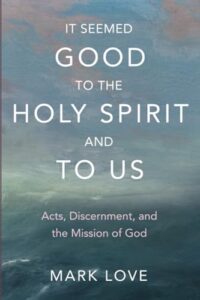

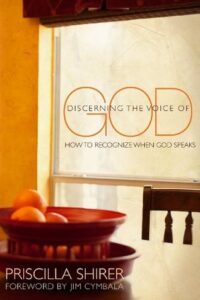
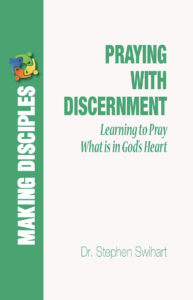
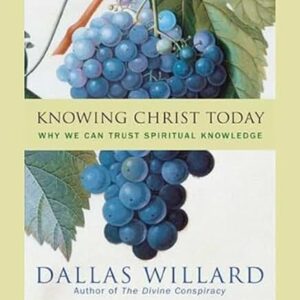
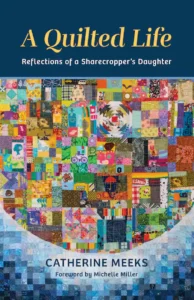
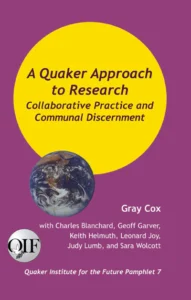 Summary: An exploration of Quaker practices of group discernment in an academic or research setting.
Summary: An exploration of Quaker practices of group discernment in an academic or research setting. 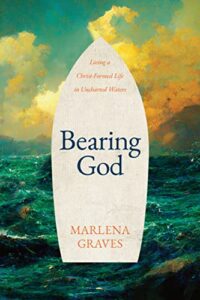
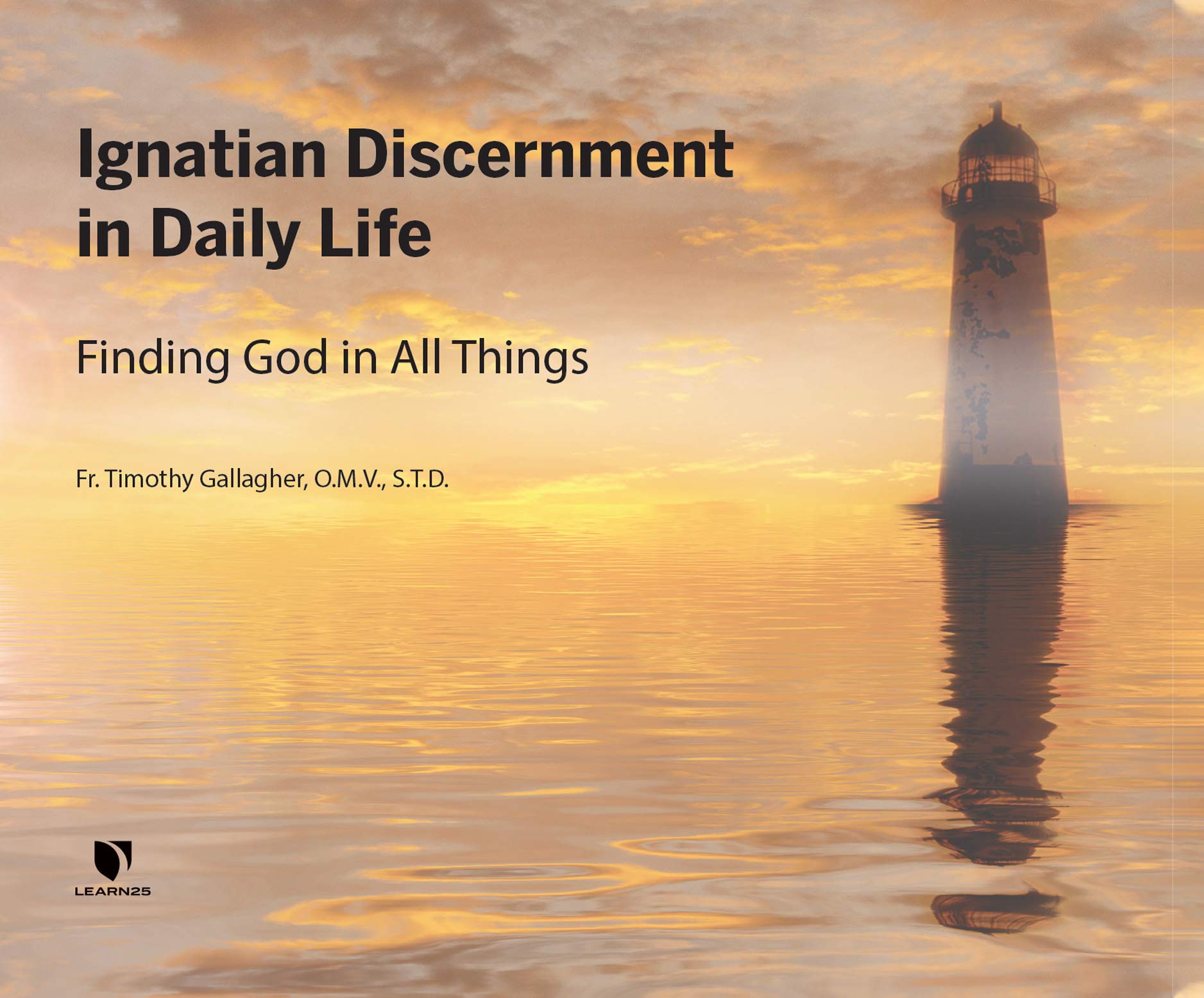 Summary: A series of lectures based on The Discernment of Spirits: An Ignatian Guide for Everyday Living by Timothy Gallagher
Summary: A series of lectures based on The Discernment of Spirits: An Ignatian Guide for Everyday Living by Timothy Gallagher